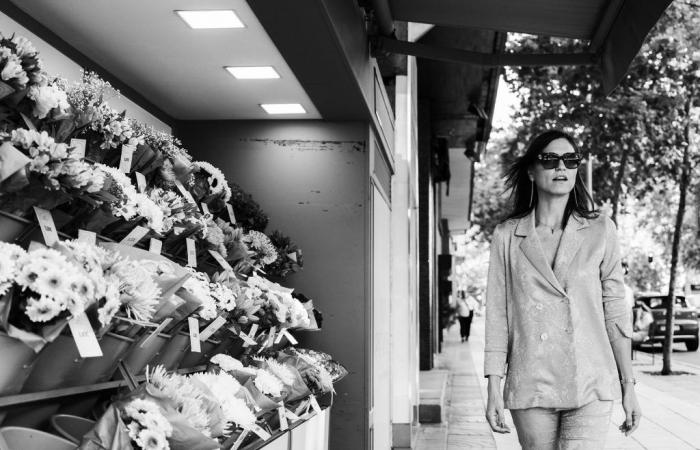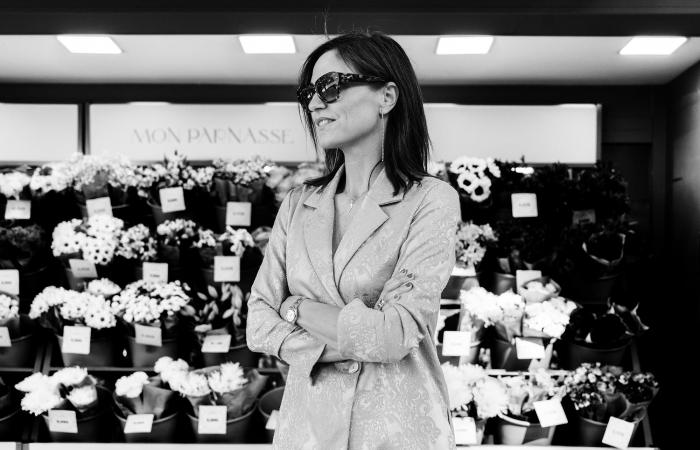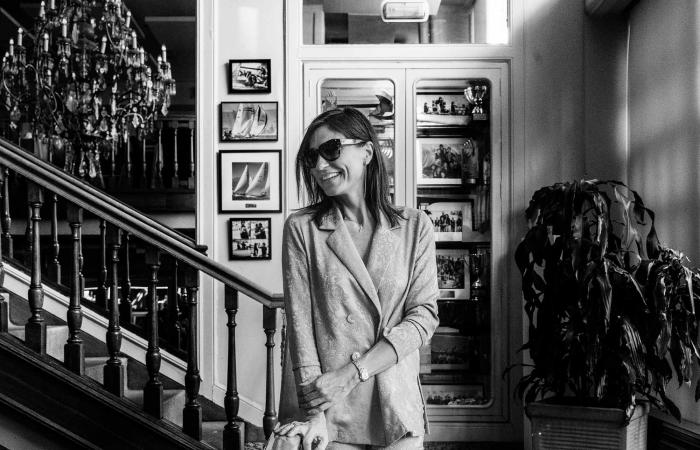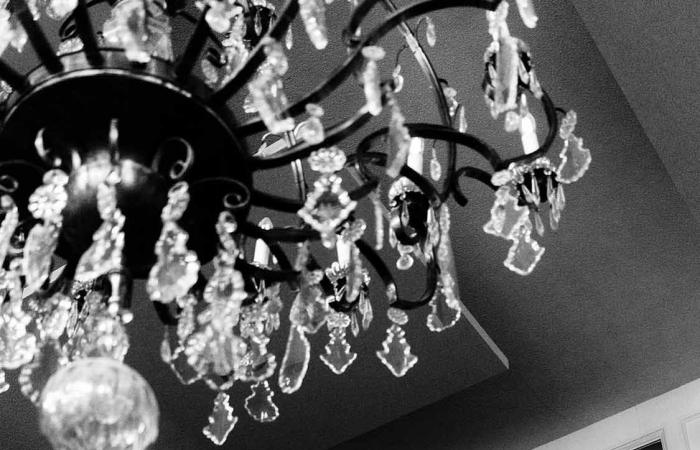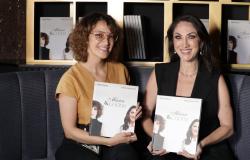I’ve known you for a few years now, although not many. We met shortly before the pandemic started. What’s more, I remember one afternoon when I accompanied you to a bookstore where you were presenting a historical novel, and I remember that in those days the pandemic was beginning in earnest. We passed on the street a man with a hat, scarf, sunglasses, bandages on his face… like the invisible man. That was scary. I told you then that the situation reminded me of Essay on blindnessby José Saramago, and now that I look back I think I was right, unfortunately, with the association.
I remember that the book was by Vic Echegoyen, The voice and the sword, and that you presented it with the editor of Edhasa. I remember that you did a short interview with the author, and I remember well how you started asking, original, different, surprising questions. That was your style of journalism, elegance aside. I suppose that’s where your human style goes, as a person, adding of course the great culture, the background of reading, the tremendous love for books and, I would say, for those who write them, the writers.
“I have been reading and writing since I was a child, and I feel the literary vocation, but now I think, and even more so by seeing your example, that I can learn many more things“
I call you “dear María José” although I don’t trust you that much either. My confidence is more that of a reader. Reader of interviews you have done in Zenda and travel articles, very literary, also published in Zenda and now collected in two beautiful books, A Greek Adventure: In the footsteps of Patrick Leigh Fermor (Debate), and The woman who kissed Virgil and other literary journeys (Berenice). The first has a prologue by Jacinto Antón, who clearly knows you very well, and the second one by José Luis Garci, who in everything I read of him I find has a great writer’s pen.
Your texts are written with the soul, with the traveling soul and with the reading soul. You told me very recently that you had written practically nothing, certainly not literature or journalism, until you started doing so in Zenda. And I think that truly literary talent does not know about ages, but rather about opportunities, or occasions, or moments, and I suppose this will happen with many more things. I have been reading and writing since I was a child, and I feel the literary vocation, but now I think, and even more so seeing your example, that I can learn many more things, and do them well, even at the age I am. Because it can be said, looking at your texts, that you have started writing knowing, and it is very possible that this is carried deep inside. Paul Valéry said that syntax was a faculty of the soul, and I think the same can be said of writing in general, because the sensitivity you put into what you write, that poetic touch that appears so frequently in your travels, that without a doubt you carry it inside and it shines when the reader least expects it.
In the end, that poetry that I see, that I feel, often in your texts, is a note that makes up the texts themselves, very characteristic, and that in my opinion elevates them to a level. It is very likely that it is linked to sensitivity, as an expressive faculty of sensitivity, but I imagine that it will not be so easy to have it. You have it or you do not. Like the syntax that Paul Valéry said.
“You seem to have read all the books, or many books; It even seems that the books you haven’t read you will read in the future“
In any case, you tell me that what you really like is reading, and that at the beginning of everything, as an essence, is reading. In this, your work as co-editor of the Zenda-Edhasa label of adventure classics is very coherent, where you surely put the same qualities that adorn your interviews or your traveling texts, because they are typical of María José Solano as a person, human being, not only of María José Solano as a writer, who at the end of the day is an expression of the first. As our mutual friend Arturo Pérez-Reverte has said many times (I have heard it from him more than once), “no one puts in what they don’t have,” and I think it is a very accurate phrase to explain human works, what one does. or does not do, or what it fails to do.
You seem to have read all the books, or many books; It even seems that the books you haven’t read you will read in the future. And now I venture the idea that maybe the ones you can’t read in the future won’t be so important that you don’t read them. I am increasingly convinced that in this matter of books, of reading, the important thing is the reader, much more important than the book, than the books, which are so important. In my opinion, the reader makes the difference with the books he reads. He gives them a particular meaning, a powerLet’s say special. It seems to me that this also happens with you and your readings.
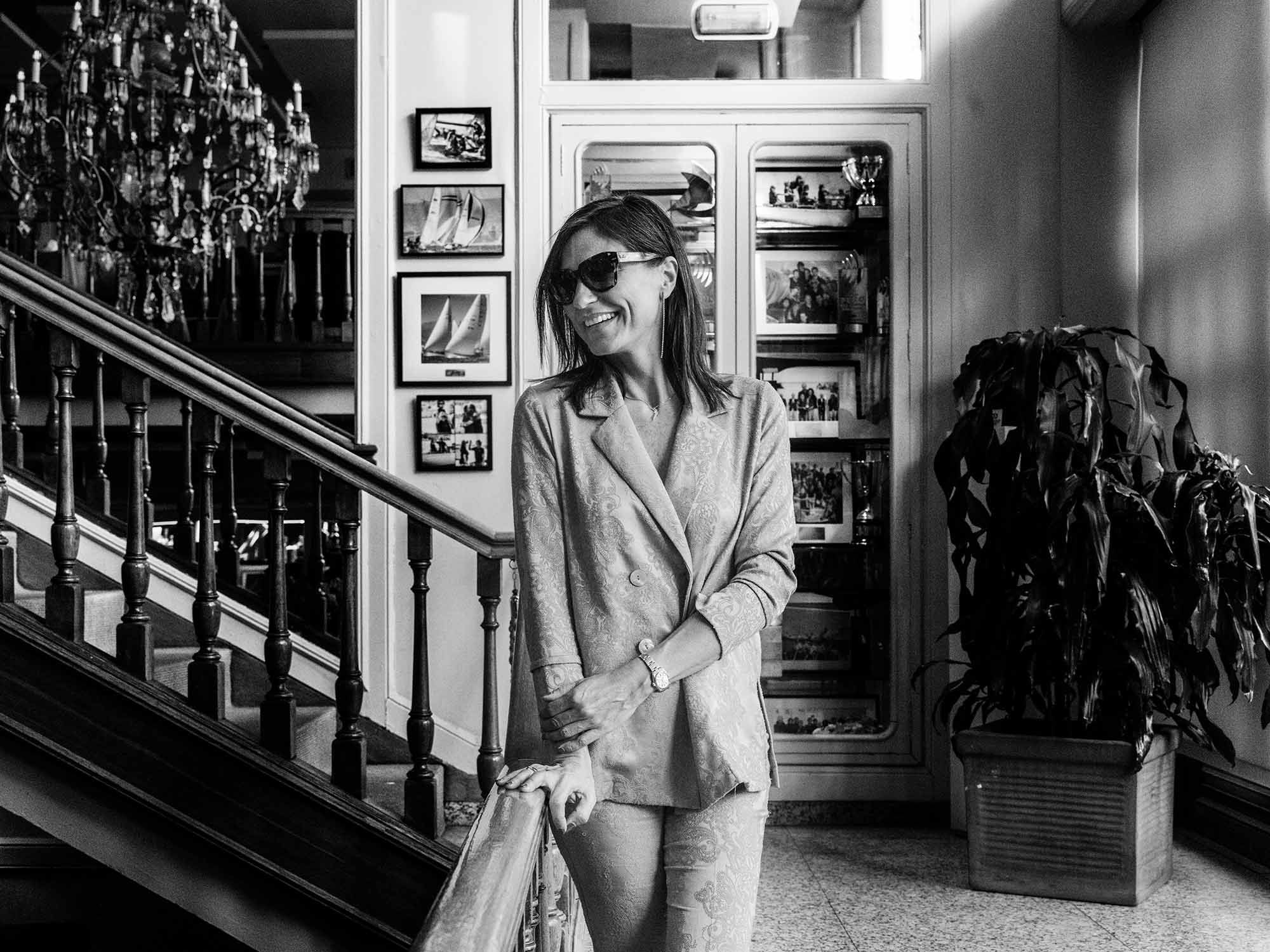

A few days ago I finished reading The woman who kissed Virgil and other literary journeysand the truth is that I loved it, but I already knew I was going to love it, because I had already read some of these trips in Zenda. But now, when reading them all together (24 according to the hymns of the Odyssey, as you told me, or remembered), it has caught my attention that you are full of literature, how in every word you write, I would dare to say, there is a book read, an admired author, a quote, a reference… a landscape. Reading drives you to travel, to question the world, to relate to it, but I believe that since you are such a traveler, perhaps as much a traveler as a reader, the trip also leads you to write, to read more. Isn’t it traveling read the world, interpret it, know it, decipher it, enjoy it, everything we can? After the trip, the text can come, which is another form of travel, a reliving of what has already been experienced, a redoing the trip, as the traveler writer Javier Reverte said.
“By reading you, your readers, we polish ourselves, we become better, with your sensitivity and elegance, with your adventurous spirit, with your culture.“
I know that you are always reading, that you always carry a book with you, as is often the case with Arturo Pérez-Reverte’s characters, with many of them, perhaps the most important, the most interesting, the most profound. I also like to “live reading”, as a slogan used to encourage reading that I like to evoke years ago said: “Live reading”. I think that if I look back very far in my life, even before I knew how to read, I come to the conclusion that I myself chose reading, books and the love of books, and then writing, even the literary vocation. She did not choose me, her vocation, but I chose her, and so on until this moment in my life, up to this point.
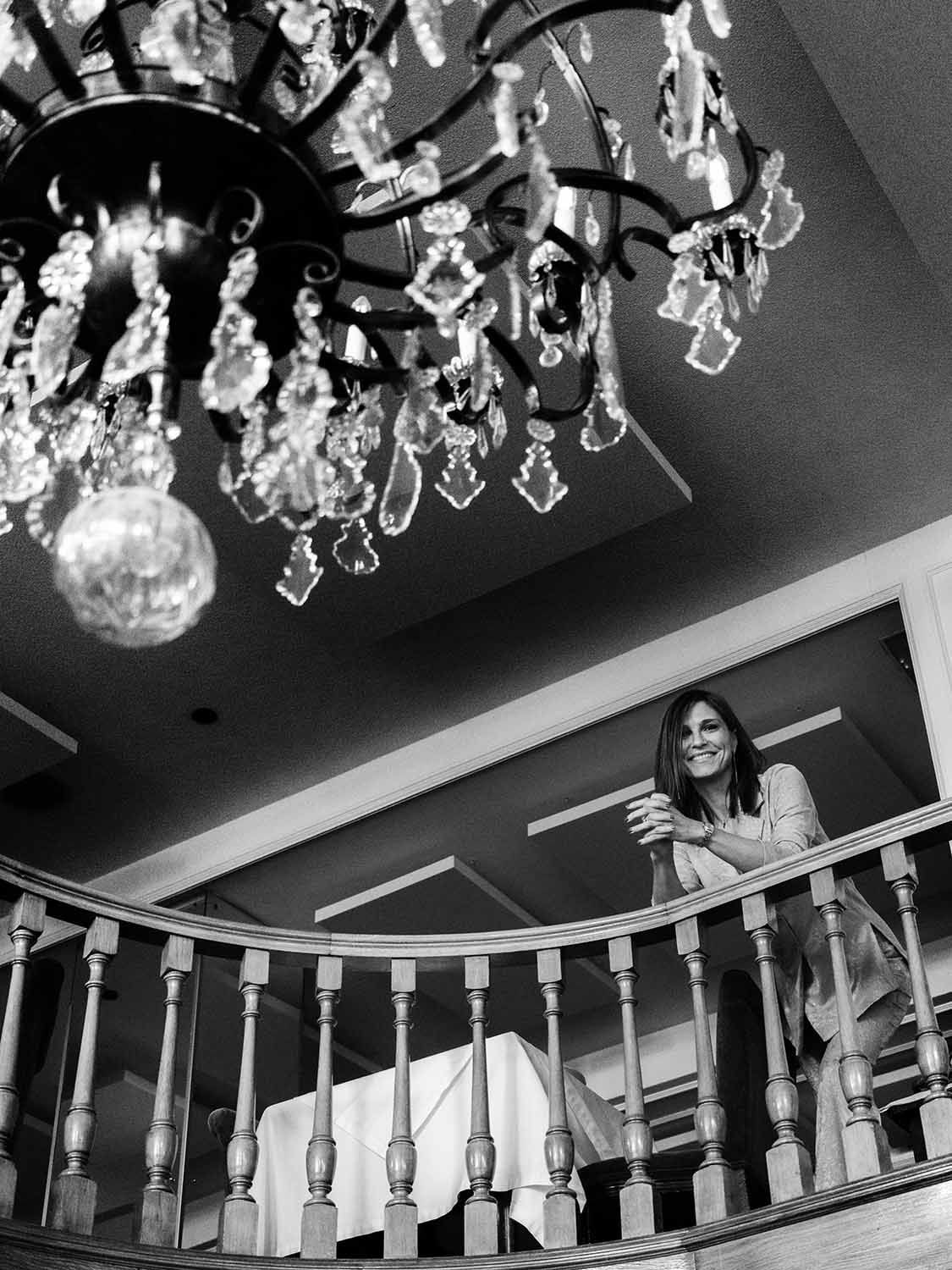

It is possible that something similar has happened to you. Books are deep down extensions of people, throughout time and space, but above all, they are something deeply human. You have done many interviews with writers and you must know it very well. You have also written book reviews and are now the editor of a wonderful and very careful collection of classics. I believe that books make our lives much richer, deeper, broader. Top. Culture, education, polishes us, as I have recently heard one of the granddaughters of Grandpathe film by José Luis Garci, whom you already know a lot.
By reading you, we, your readers, polish ourselves, we become better, with your sensitivity and elegance, with your adventurous spirit, with your culture. By enjoying your texts we somehow acquire your qualities, and without a doubt we see in you what you have seen in so many writers that you admire, writers that you have read with passion, or with whom you have spoken, or whose footprints you have followed in distant places. and exciting, making beautiful trips, beautiful texts, your concerns and literary admirations.
2.8/5
(4 Ratings. Rate this article, please)

